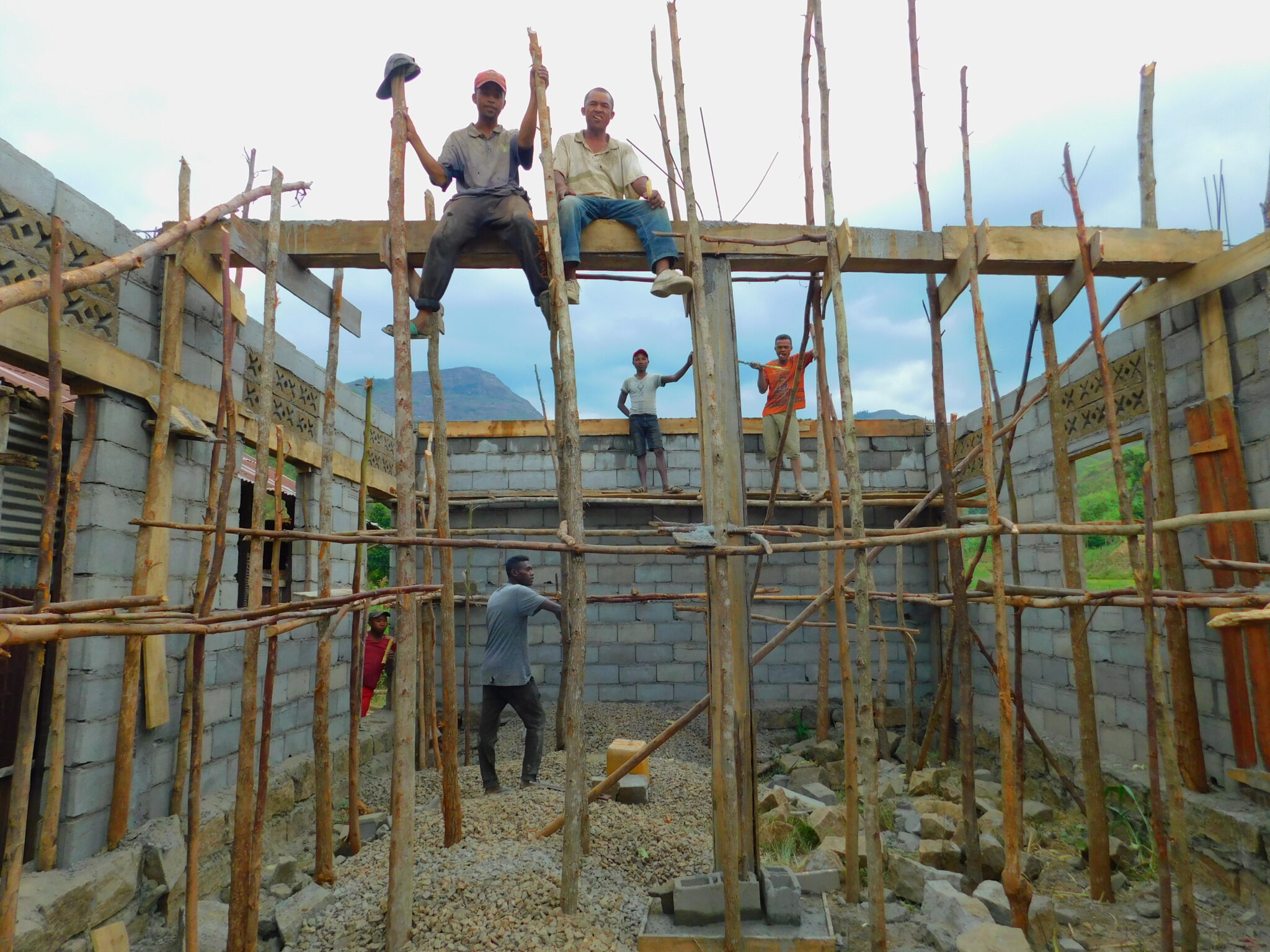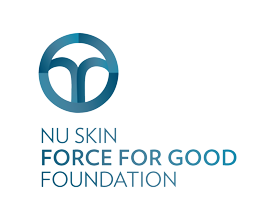Madagascar is a place of unrivaled biodiversity, and more than 90% of its plant and animal species are found nowhere else on earth. But slash-and-burn agriculture, poaching, and logging—all fueled by extreme poverty—have had a disastrous effect on this island.
This project protects land within and next to the 61,906-acre Tsinjoarivo-Ambalaomby Protected Area (TAPA), in the remote highlands of eastern Madagascar. In effect, this is a high-altitude island within an island, with many unique species. TAPA is home to 10 species of lemurs, including two critically endangered ones. Endangered frogs, ducks, fish, orchids, and palms also live there. And those are just the species we know of. As Madagascar’s rainforest becomes increasingly fragmented, it is a race to find plant and animal species not yet described by science before they disappear.
Different parts of TAPA are zoned for different uses. In some areas, no extractive uses are allowed. In others, local people may use the forest in certain sustainable ways but may not clear any forest. Almost half of the proposed protected area is primary forest; there are also occupation, cultivation, and restoration zones.
Four villages are part of rural Ambalaomby Commune: Androrangavola, Mahatsara, Ambalaomby, and Sahofika. The children in these communities have no opportunity for education beyond primary school. This leaves them trapped in poverty and likely to exploit forest resources just to survive. A new secondary school, available to children from all of these villages, will mark a huge improvement in their lives.
Our project partner, Sadabe (the local name for an endangered lemur species), will also bring in experts to help with coffee-growing, a traditional practice here. Coffee will be cultivated in already cleared areas outside of the protected area, mixed with other plants to help rehabilitate degraded land. Sadabe worked for years to help establish TAPA and now co-manages it with local volunteer organizations.










